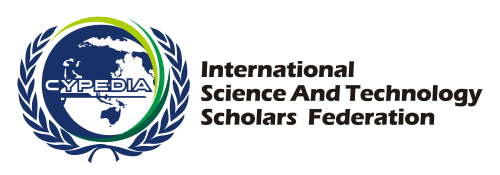Teachers’ Scaffolding in Digital Learning Environments: Impacts on Adolescents’ Metacognitive Skills in Mathematics Education

Abstract
This study explores how teachers’ scaffolding strategies in digital learning environments (DLEs) influence adolescents’ metacognitive skills—including planning, monitoring, and evaluating learning—in middle school mathematics. Drawing on sociocultural theory (Vygotsky, 1978) and metacognitive theory (Flavell, 1979), a quasi-experimental design was implemented with 286 adolescents (ages 12–14) from 9 public middle schools in the Midwestern United States. Participants were assigned to three groups: (1) DLE with adaptive teacher scaffolding (n = 95), (2) DLE with fixed scaffolding (n = 93), and (3) traditional classroom instruction (n = 98). Quantitative data were collected via pre- and post-tests using the Metacognitive Assessment Inventory for Mathematics (MAIM; Cronbach’s α = .89), while qualitative data included teacher scaffolding logs and student reflective journals. Results showed that the adaptive scaffolding group achieved significantly higher post-test metacognitive scores (M = 81.4, SD = 7.6) than the fixed scaffolding group (M = 72.3, SD = 8.2; t(186) = 7.92, p < .001) and the traditional group (M = 65.8, SD = 9.1; t(191) = 11.36, p < .001). Qualitative findings revealed that adaptive scaffolding—tailored to students’ real-time performance and metacognitive needs—enhanced students’ ability to self-regulate learning, particularly in problem-solving contexts. These results highlight the critical role of teacher scaffolding in optimizing DLEs for metacognitive development, providing implications for mathematics educators and DLE designers.
Keywords
Teacher Scaffolding; Digital Learning Environments; Adolescent Metacognition; Mathematics Education; Sociocultural Theory; Metacognitive Theory
